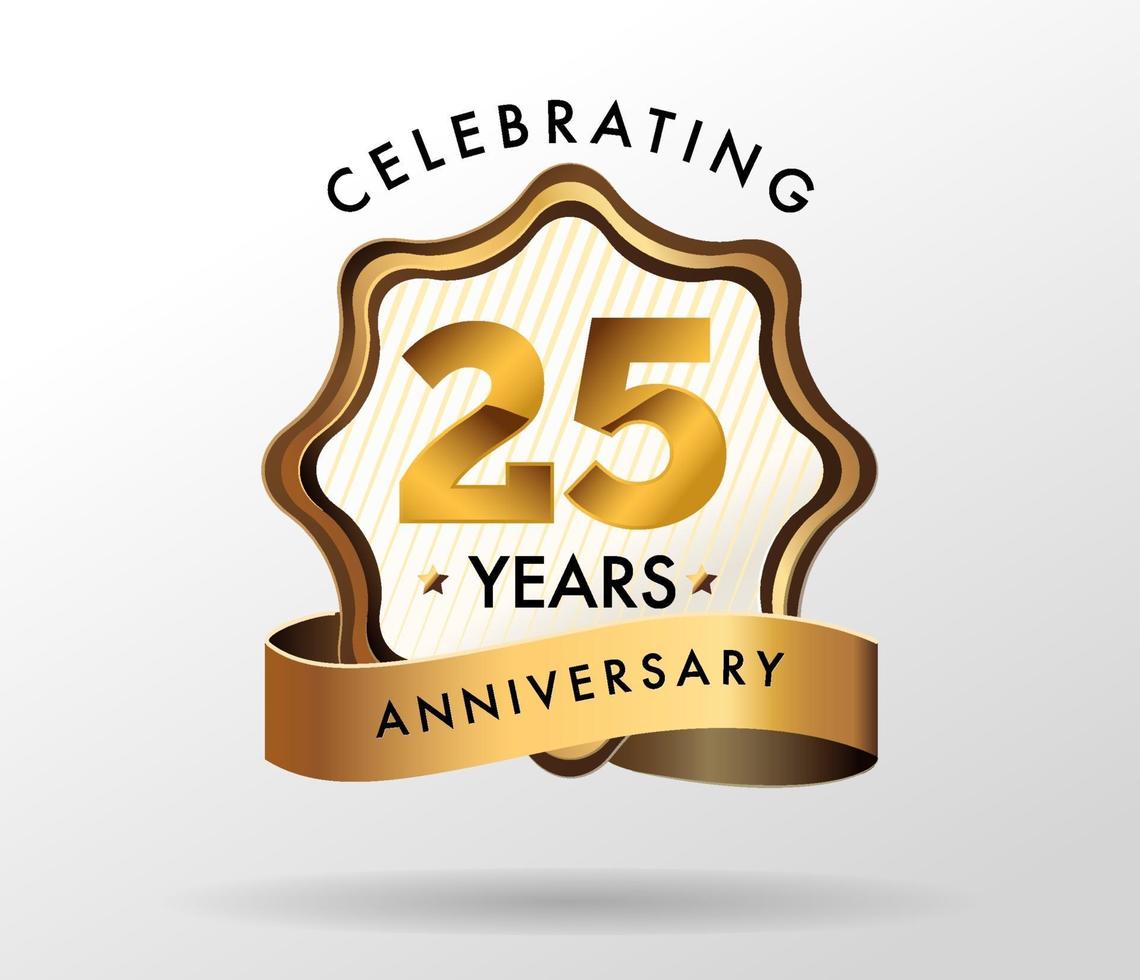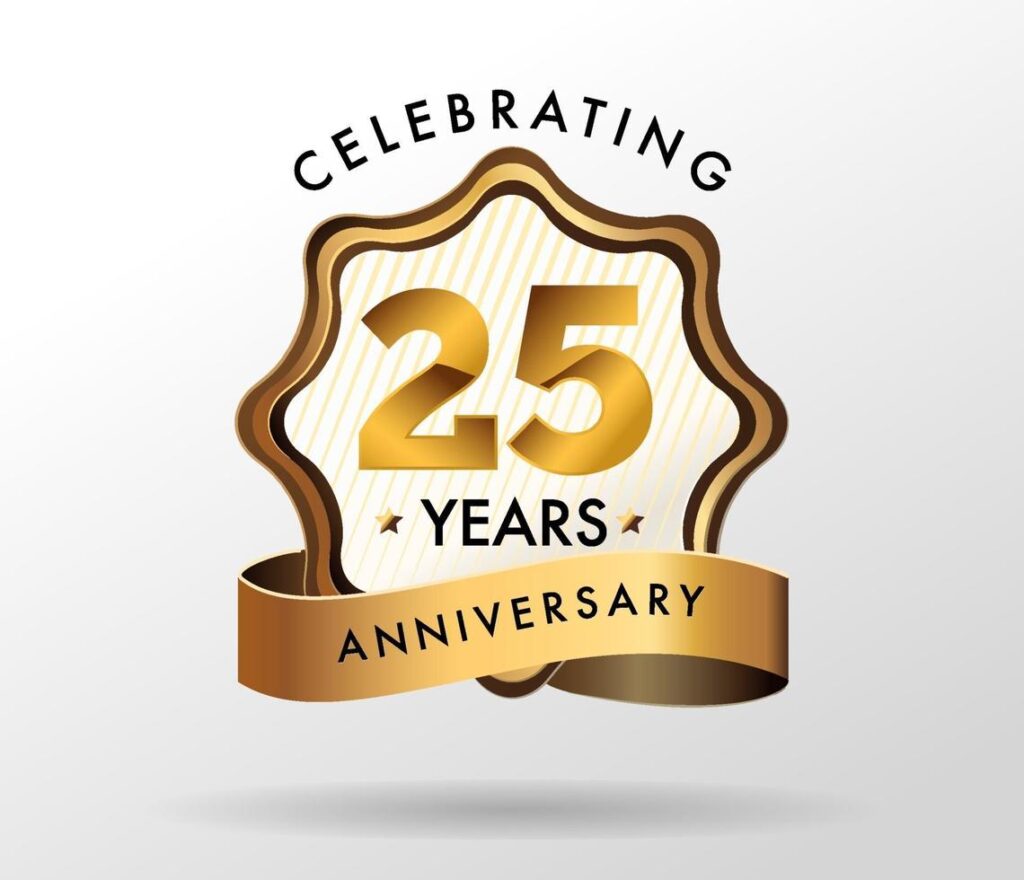One could write an entire thesis on Search Engine Optimization (SEO), and still leave the reader perplexed about what exactly SEO does! At a very rudimentary level, SEO is about ensuring your online presences (websites, virtual storefronts, social media pages) feature prominently (ideally on page 1, and preferably in the top-5) in web searches. But the question that many businesses often grapple with is: Is SEO legal, and if not, what “other” form of SEO is there? We’ll explore that question further in this post.
Different Hats: As Clear as Back and White
We’ve highlighted, at a very macro level, a definition of what SEO is. And given what SEO aims to accomplish, there’s nothing nefarious about those aims. However, the strategies used by practitioners, to accomplish SEO’s objectives, differ. For the most part, these strategies involve transparent, above-board tactics, including:
- Keyword optimization
- Credible link-building
- High-quality content
- Easy to navigate sites
- Keyword rich meta tags
- Mobile-friendly site designs
These are what industry pros call White Hat SEO. So, is SEO legal if it’s done using White Hat strategies and practices? It certainly is! The challenge, however, is that many SEO service providers don’t abide by either letter nor spirit of what SEO espouses. When using their services, clients – often unsuspectingly – expose their online presences to risky practices, such as:
- Keyword stuffing
- Use of unrelated/un-researched keywords
- Page swapping
- Invisible text
- Doorway pages
These practices, embraced by Black Hat operators, neither comply with the letter of what SEO is about, nor do they espouse the spirit of what website promoting and online marketing stands for. So, is SEO legal if it involves Black Hat strategies and tactics? The answer is a categoric NO!
More Harm Than Good
Illegal SEO does more harm than good for websites that use it. It’s true, that many Black Hat practitioners promise instantaneous results (“go from #3000 to #1 in 5-days!”) – and some of them deliver. However, web browsers have increasingly cracked down on the Black Hat SEO.
- You could lose your hard-earned, White Hat-based page rankings
- Your website may end up on a list of “risky” sites, prompting searchers to think twice before they visit it; or
- Your website may face a permanent ban from featuring in web searches
Before you engage with an SEO company, therefore, it’s important that you conduct your own diligence of your intended SEO partner. Sure, you might enjoy the short-term benefits that Black Hats promise. However, weigh those benefits against the longer-term risks to your reputation and your business.
Aiming for Legal SEO
Is SEO legal to use as a strategy to gain web traffic for your online presences? The answer is yes, it is when you work with a professional firm like Reno Web Designer. Not only does legal SEO take adherence to the letter of the laws governing the practice; but it also encompasses embracing the spirit of White Hat SEO. The Webby Award-winning SEO team, headed by Sandy Rowley, have demonstrated their skill at practicing both aspects of legal SEO – the letter and its spirit.
One of Nevada’s top SEO shops since 1999, the Reno Web Designer team have propelled dozens of clients from relative online obscurity, to top-ranked virtual marketers. This achievement demonstrates that you really don’t need to resort to Black Hat SEO, and risk all that comes with it. With Reno Web Designer, you’re assured of a legal trip higher into web query search results.





